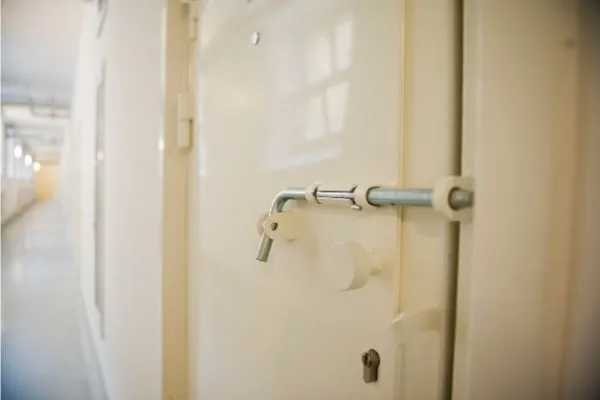New Law in New Jersey Restricts the Use of Solitary Confinement

A bill signed into law in July by New Jersey Governor Phil Murphy would restrict the use of solitary confinement in the state’s prison system. When signing the law, the governor stated: “I am proud to stand together with New Jersey’s criminal justice reform advocates and legislators to advance a humane correctional system that allows for the safe operation of facilities and focuses on strengthening reentry initiatives, substance use disorder treatment, and recovery programs.”
Comprehensive Controls
This new law is thought to be among the most comprehensive controls of the practice of placing inmates in isolation in the United States. The state Legislature had been debating the issue for years. Corrections officials assert that the use of solitary confinement has been strictly controlled through prison policies and practices but that the new law ensures that these practices will remain permanent.
Prison critics, however, believe that some New Jersey prisons were still using isolation as a means of punishing inmates. Advocacy groups collected the testimony of inmates who had been in isolation for months. Reports also found that prisoners who were isolated were typically kept in segregation units for more than 30 days. These groups believe the controls were essential.
Now inmates can only be placed in isolation if there is reasonable cause to believe that the inmate or others would be at substantial risk of serious harm. It also prohibits isolation for vulnerable populations such as those under 21 years old, over 65 years old, pregnant, LGBTQ, or with disabilities. Prisons are also required to screen inmates for mental illness before and after confinement. Confinement will be limited to 20 straight days or 30 nonconsecutive days over two months. This is a huge reduction from the indefinite sentences inmates received in the past.
The Damage of Solitary Confinement
It has been well-documented the use of solitary confinement is detrimental to the mental health of inmates. Inmates with existing mental health issues are especially prone to harm. These negative psychological effects are often irreversible. There is now a growing trend nationwide towards restricting the use of solitary confinement, although New Jersey has been the most successful.
If you or a loved one has a mental disability and has been arrested or convicted of a crime, you need an experienced criminal defense attorney on your side. Elizabeth Kelley specializes in representing individuals with mental disabilities. To schedule a consultation call (509) 991-7058.


